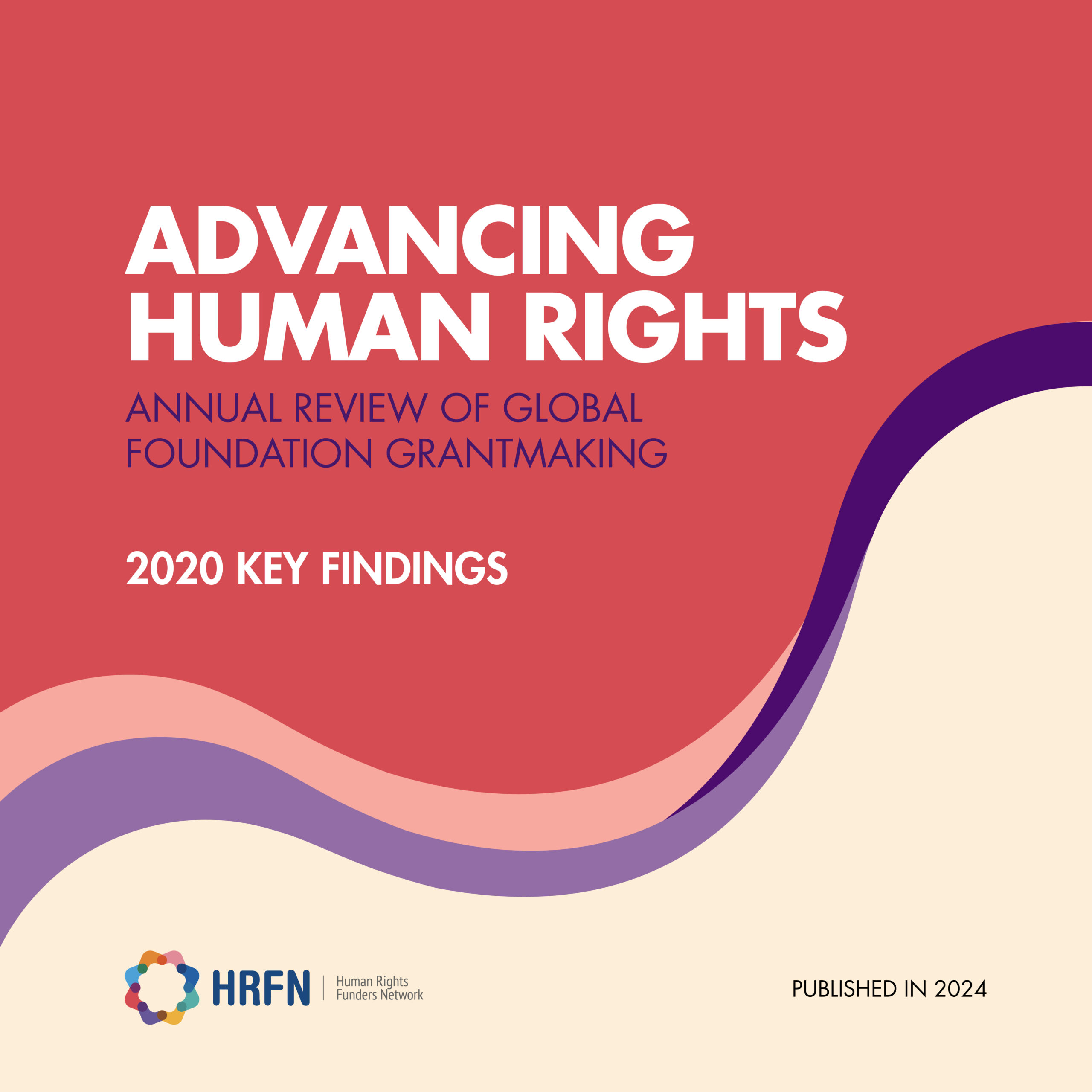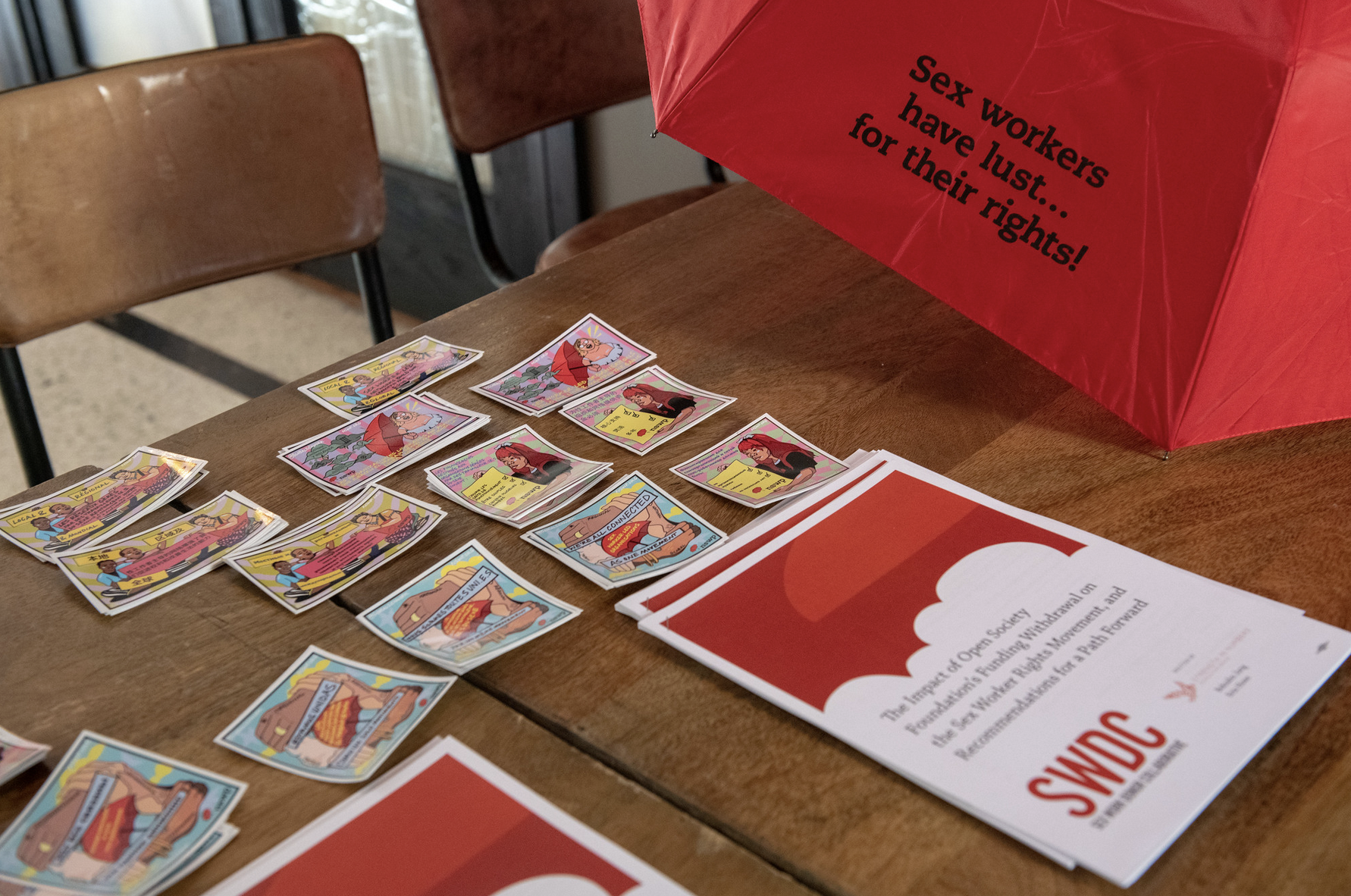Crisis at the Capitol: Human rights in the era of White American extremism
By Kellea Miller, HRFN Deputy Director
I watched in shock.
I watched in fury.
I watched in sorrow.
Yesterday’s riots at the United States Capitol brought home a reality that will be familiar to many in HRFN’s global family.
It is not sanctimony or an abstract respect for governance that brings tears to my eyes. As a network of activists and funders working for human rights, we know that democracy is tenuous. Democratic institutions, while imperfect, have been a battleground for some of the most hard-won human rights gains in history.
We have also repeatedly seen abuse of power translate directly into the abuse of bodies and lives. Black lives. LGBTQI lives. Migrant lives. HUMAN LIVES. We understand that who holds power matters and so do the words they say. Political leaders may be figureheads, but their endorsements (or strategic ignorance) can unearth violence and extremism, even if their hands look clean.
That is what I saw yesterday: extremism endorsed and called into being by a political leader.
I am reminded of an article by Malcolm Gladwell about the proliferation of school shootings in the United States. The first school shooting at Columbine High School in 1999 opened the gates. Copycat acts followed. It was a crisis of masculinity, of Whiteness, of gun culture.
But it was also a crisis of possibility. The initial shootings, burned into our memories by news outlets and spread widely through the fledgling internet, lowered the “threshold of violence” and ushered in an era where killing classmates was an imaginable option. Gladwell writes, “The problem is not that there is an endless supply of deeply disturbed young men who are willing to contemplate horrific acts. It’s worse. It’s that young men no longer need to be deeply disturbed to contemplate horrific acts.”
Yesterday, a woman was shot.
Yesterday, people marched with the false hope they could up-end a democractic election.
Yesterday, we saw our divisions broadcast as entertainment and clickbait.
Toxic political rhetoric made it an option. Our current president’s hands may be clean (if very busy), but he has given voice to White American extremism at an unprecedented level and from the highest office. Acts of racism, violence, hatred, and cruelty have been endorsed and even “loved.”
Those willing to take action yesterday were a small group, the same people who fought through cold, stay-at-home ordinances, and Covid fear to line up at the front of a Trump rally. Mariano Aguirre warns they were indicative of a much larger tension: “The type of brutes who sit on podiums and put their boots on the desk are not an exalted or singular group. They are the tip of the spear, the gangleaders of the ideologues — and part of 72 million [U.S.] voters.”
Democracy should not be untouched at all costs. It should be challenged, questioned, and made better.
But what we are seeing is extremism layered onto centuries of injustice, anti-democratic White rage masquerading as patriotism. This is the cost when we lower the threshold for truth. When the spectacle is its own reward. When our divisions are reinforced in words and in action: White mobs storming the Capitol treated as “protestors” just blocks from where a peaceful march for Black lives was tear-gassed. Our divisions are so entrenched that they can be stoked, toyed with, and reaffirmed in echo chambers and political rallies.
Human rights live not only in the rights, but in the humanity.
Yesterday’s action is a bellwether. A high- (or low-) water mark. Our country and our world are divided. Our ability to see one another as humans is wanting.
Let us lower only the threshold for healing and listening. Let us do the hard work of understanding the real costs of our actions, to hold our leaders and ourselves to a higher standard. And let us build a democracy worthy of trust.
Join HRFN for our LitTalks: Global Politics and Philanthropy series in which we discuss the global impact of the recent U.S. election. Hosted by HRFN and moderated by Mariano Aguirre, we are bringing together political thinkers, activists, and funders in regional dialogues from Dec 2020 through April 2021.



